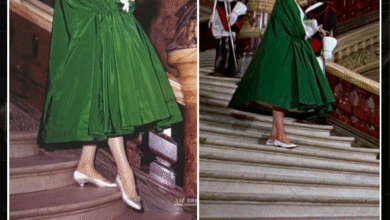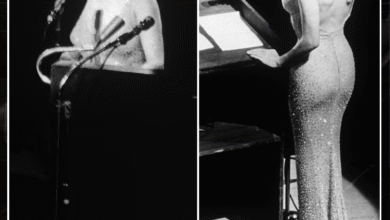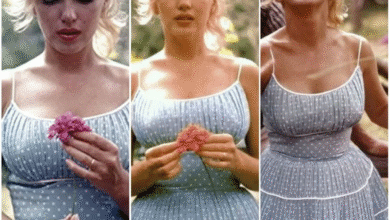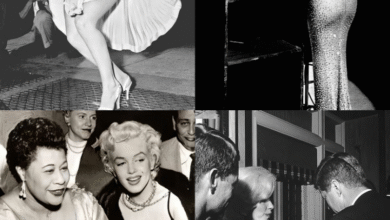The Moment Fight Club Was Booed at the 1999 Venice Film Festival – And Brad Pitt’s Hilarious Response!
OPINION: This article may contain commentary which reflects the author's opinion.
In September 1999, David Fincher’s Fight Club premiered at the 56th Venice International Film Festival, a moment that was initially met with hostility and boos from the audience. The film, based on Chuck Palahniuk’s novel, starred Brad Pitt, Edward Norton, and Helena Bonham Carter, and it took bold risks with its critique of capitalism and masculinity. The premiere marked the beginning of Fight Club‘s journey from a divisive, misunderstood film to the cult classic it is known as today.
A Hostile Reception: Booing and Silence
Reports from various sources, including Far Out Magazine and UNILAD, indicate that the midnight screening on September 10, 1999, was met with audible boos and stunned silence. The edgy, anti-establishment themes of the film clashed with the sophisticated and often conservative audience of the Venice Film Festival, leading to an overwhelmingly negative response. As one attendee recalled, some members of the audience were so disturbed by the film’s shocking content that they were “outraged enough to boo.”
At a prestigious festival known for its high-profile guests and refined tastes, Fight Club‘s raw energy and dark humor felt out of place, alienating some of its viewers. Project Casting even pointed out the presence of prominent figures like Giorgio Armani, whose refined tastes didn’t align with the film’s rough-edged critique of society.
Brad Pitt and Edward Norton’s Reaction
Interestingly, amid the boos and jeers, Brad Pitt and Edward Norton, who had smoked a joint before the screening, seemed unfazed by the hostile reception. The two actors found the entire situation amusing, laughing at the silence and negative feedback. As Brad Pitt recalled in an interview, they were both “stoned” and found it hilariously absurd to be in such a charged atmosphere. In fact, Pitt quipped to Norton, “That’s the best movie I’m ever going to be in,” a line that became emblematic of the actors’ confidence in the film’s long-term potential, despite the immediate backlash. Norton’s response, “Me too,” underscored their shared belief in the film’s future success, even when it wasn’t embraced by the audience.
The actors’ lighthearted response to the hostile reception is often seen as a coping mechanism, one that reflects the rebellious and carefree spirit of the film itself. Rather than letting the boos affect them, Pitt and Norton chose to enjoy the moment and trust in the film’s eventual rise in popularity.
The Legacy of Fight Club: From Commercial Failure to Cult Classic
Despite the initial negative reception at the Venice Film Festival, Fight Club went on to become a defining film of the 1990s. Its box office performance was underwhelming, and it struggled to find its audience at first. However, the film’s true success came after its release on home video, where it found a passionate following and earned critical reassessment.
By 2009, The New York Times had dubbed it “the defining cult movie of our time,” a far cry from the hostile reception it received in Venice. Its subversive themes, iconic performances, and unforgettable dialogue transformed Fight Club into a landmark film in modern cinema.
A Film Ahead of Its Time
Looking back at the 1999 premiere, it’s clear that Fight Club was a film ahead of its time. Its exploration of societal norms, toxic masculinity, and consumerism was as provocative in 1999 as it is relevant today. What was once misunderstood has now become an essential part of film history, regularly cited as one of the most influential movies of the late 20th century.
Brad Pitt and Edward Norton’s reaction to the film’s initial failure highlights the belief both actors had in the film’s artistic value. Their confidence paid off in the long run, as Fight Club eventually earned its place as a cultural touchstone.
From a chaotic premiere to becoming a revered cult classic, Fight Club proves that sometimes, the films that spark the most controversy are the ones that stand the test of time.



